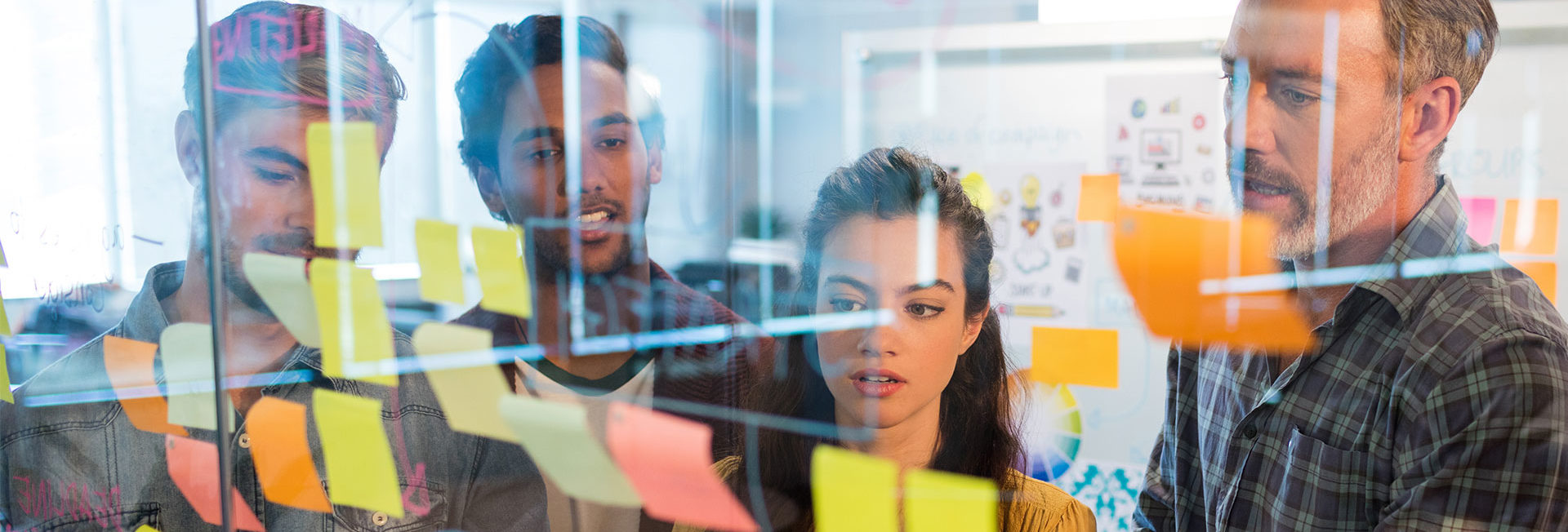How to Develop Soft Skills
by Dr Andrzej Grossman
Soft skills focus on who we are, as opposed to what we are trained to do.
They are communication skills hardwired to our personality and represent how we engage with others. They portray our approach to life and work.
When we engage with others it means communicating to show our understanding of what is important for them and what is important for us.
Perhaps some people think they have all the skills necessary to engage with others fully and meaningfully. After all, we have picked up many of the soft skills through experience, not through deliberate learning.
Numerous studies show how deepening our soft skills has a positive impact on business. But how does the development of our soft skills happen?
For just over 50 years the four-stage competence model been used to describe the emotional experience of learning. The four stages involve:
1 – Unconscious Incompetence (“You don’t know what you don’t know”)
In this first stage, you aren’t aware that you have a skills gap. It may be a gap that has been there for years and you are blissfully ignorant of it.
2 – Conscious Incompetence (“You know what you don’t know”)
Now you are aware of a skills gap. You acknowledge that that there are others who are much more competent than you, and it’s time to do something about it. This is where learning begins. It may feel a bit demoralising at first and take some time to come to terms with.
3 – Conscious Competence (“You grow and know and it starts to show”)
You know how to use the skill, but it requires practice and hard work. Competence develops more quickly than consciousness.
4 Unconscious Competence (“You just go because you know”)
You use the skill effortlessly and without thinking about it. The skill is deeply ingrained and using it has become intuitive.
The four-stage competency model is deceptively simple.
Learning soft skills is not.
But the good news is that us that our brains are wired for these skills. If you want to get the best out of your learning experience to become unconsciously competent then there are a few principles to follow.
Follow a Growth Mindset
If you believe your skills can be developed through real effort, feedback and coaching you have a growth mindset.
You put energy into learning rather than worrying about looking smart.
Also, if you recognise that mastering a skill is not going to happen just by magic, then you accept making mistakes. As you respond to those mistakes positively, they represent small successes driving you to change and improve further.
It helps to have a coach, trainer or mentor who can support you in making these mistakes and more importantly learning from them. If you undertake training, it needs to be practical to give you the opportunity to stress-test what you are learning in real-time and in a safe environment while receiving on-going support and advice.
Success, however small, gives us confidence and because success is rarely instantaneous it develops our patience.
Think more about Systems, not Goals
While goals are important, their downside is that you can drop into a perpetual state of immediate or permanent failure.
It’s better to adopt system-setting.
For example, if you say that by a particular date you want to be proficient in a soft skill you will be in a constant state of failure giving yourself unnecessary pressure.
But, if you say you will practice your soft skill for 20 minutes every day, possibly with a different person, it means every day brings an opportunity for success.
Also, start with the basics and build on that.
Remember you are an Emotional Being
Emotion has a major influence on our cognitive processes including how we learn.
Emotions do not interfere with learning but are key to building memories and engaging in complex situations.
Don’t think emotion and thinking are two separate things. For developing soft skills this is really important.
Neuroplasticity means you can Teach an Old Dog New Tricks
Unlike computers, which receive software updates from time to time, our brains can receive hardware updates in addition to software updates.
Different neural pathways are created or abandoned according to our experiences.
We rewire our brains to adapt to new circumstances. Our soft skills and our ability to learn from and through each other is a result of both our hardwired neural networks and plasticity that allows for spontaneous experience.
To make full use of neuroplasticity we need to be exposed to a particular stimulus in a focused way with enough intensity and repetition.
That means, practise, practise, practise.




